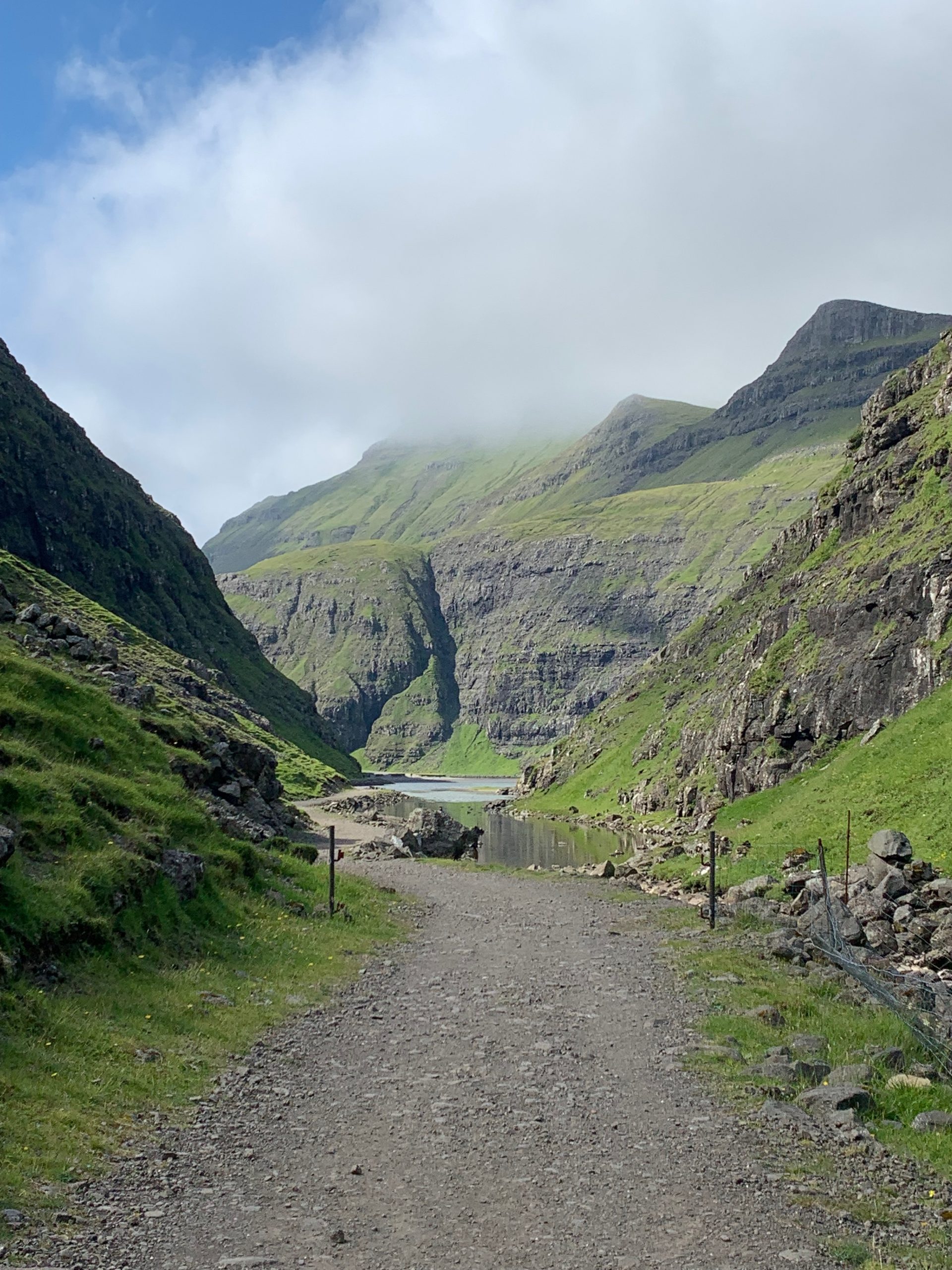Hannah received the Peter Foote Memorial Bursary in 2023; here is a report from her time on the Faroe Islands.
Report from Georgia Gould (Research Support Fund)
Georgia reports here on her recent travels across Scandinavia in search of medieval textile artefacts.
Report from Rosemary Power (Research Support Fund)
Read about Rosemary’s interesting research and interviews with elderly Icelanders on farm life and folk beliefs here.
